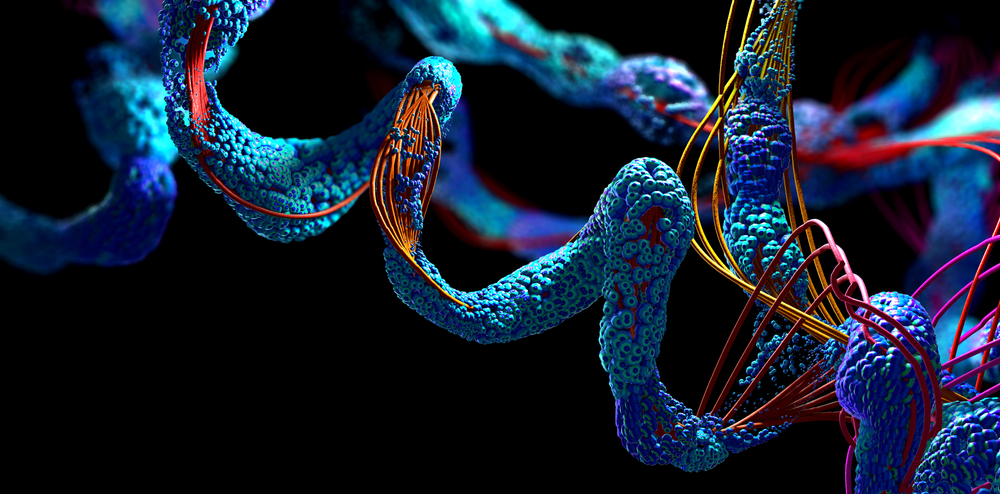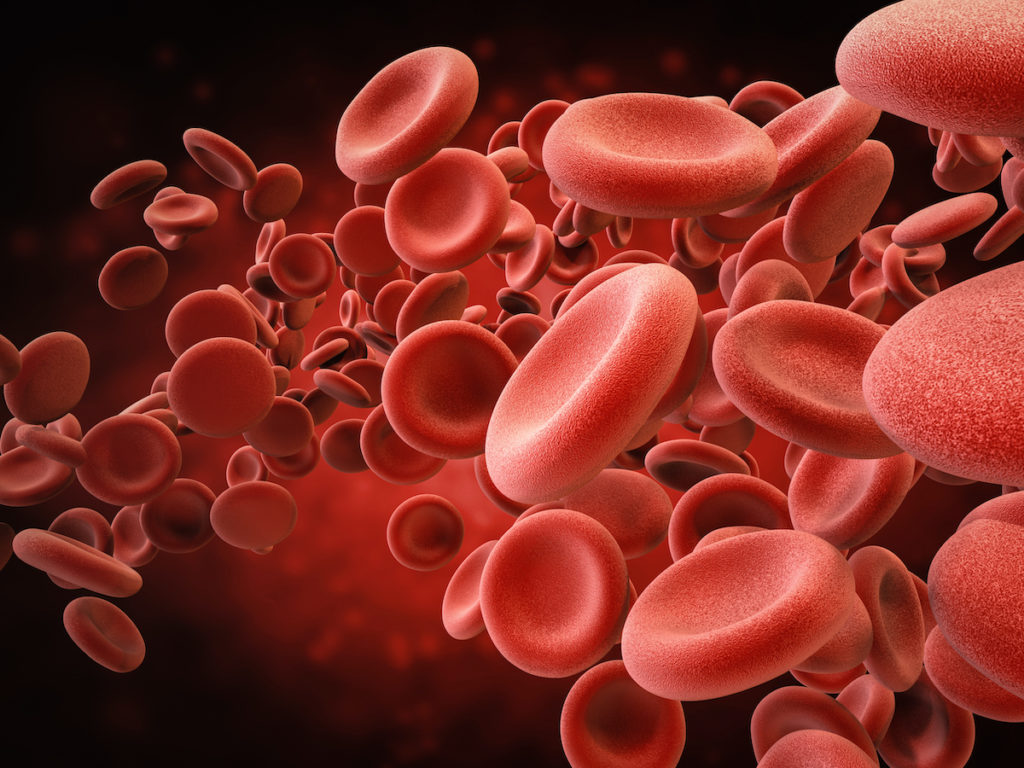A new clinical study reported that simple blood plasma tests could detect cancer and even locate where it was in the body. The technology evaluated plasma proteins that signaled the presence of cancer.
The importance of early cancer detection
Early detection of cancer is critical. Cancer that’s diagnosed at an early stage, when it is small and hasn’t spread, is more likely to be treated successfully. That’s where cancer screening tests can make all the difference. Early screening can find cancer that is not otherwise detectable, allowing for earlier diagnosis and treatment.
Most are familiar with cancer screening tests, usually recommended at a certain age as part of preventive healthcare. For example, a colonoscopy can detect colon cancer and a mammogram can detect breast cancer. But for many types of cancer, there is no routine screening test available. Thus, cancers that cannot be identified by routine health tests are often undetected until the cancer has grown large enough so that symptoms are noticed. There is a great need to be able to detect more cancers early!
Advances in the analysis of blood plasma proteins to detect cancer
The study of proteins – called “proteomics” – represents a potential avenue for early cancer detection. However, the use of blood plasma proteins as indicators (or biomarkers) for early cancer detection has been challenging. This is mainly due to the large number of proteins expressed in the body. Additionally, it is difficult to detect rare, or low-abundance, proteins.

The new research overcame these difficulties by being able to measure proteins, including mostly low-abundance proteins, that are related to early-stage cancer. The researchers from Novelna, a proteomics company located in California, measured more than 3000 high- and low- abundance proteins in each sample. From these, a smaller set of 10 indicator proteins for males or females was identified. With these proteins, they could differentiate cancer samples from normal ones. The study reported that the procedure correctly identified 93% of the cancers in men and 84% of the cancers in women. A set of 150 proteins were then used to correctly localize cancer in over 80% of the cases.
The scientists published their findings in BMJ Oncology. The study samples were from 440 people diagnosed with 18 early-stage cancers, including cervical, lung, liver, and pancreatic cancer. Samples were also included from healthy individuals. The new technology performed better than any existing cancer screening methods. It was also inexpensive and very efficient, requiring only a blood draw.
While further validation of this method is needed, the study offers hope that soon we will have new blood tests used to detect cancer. Millions of lives would be saved! If these methods become standards of care, early treatment of diverse types of cancer will be possible.



